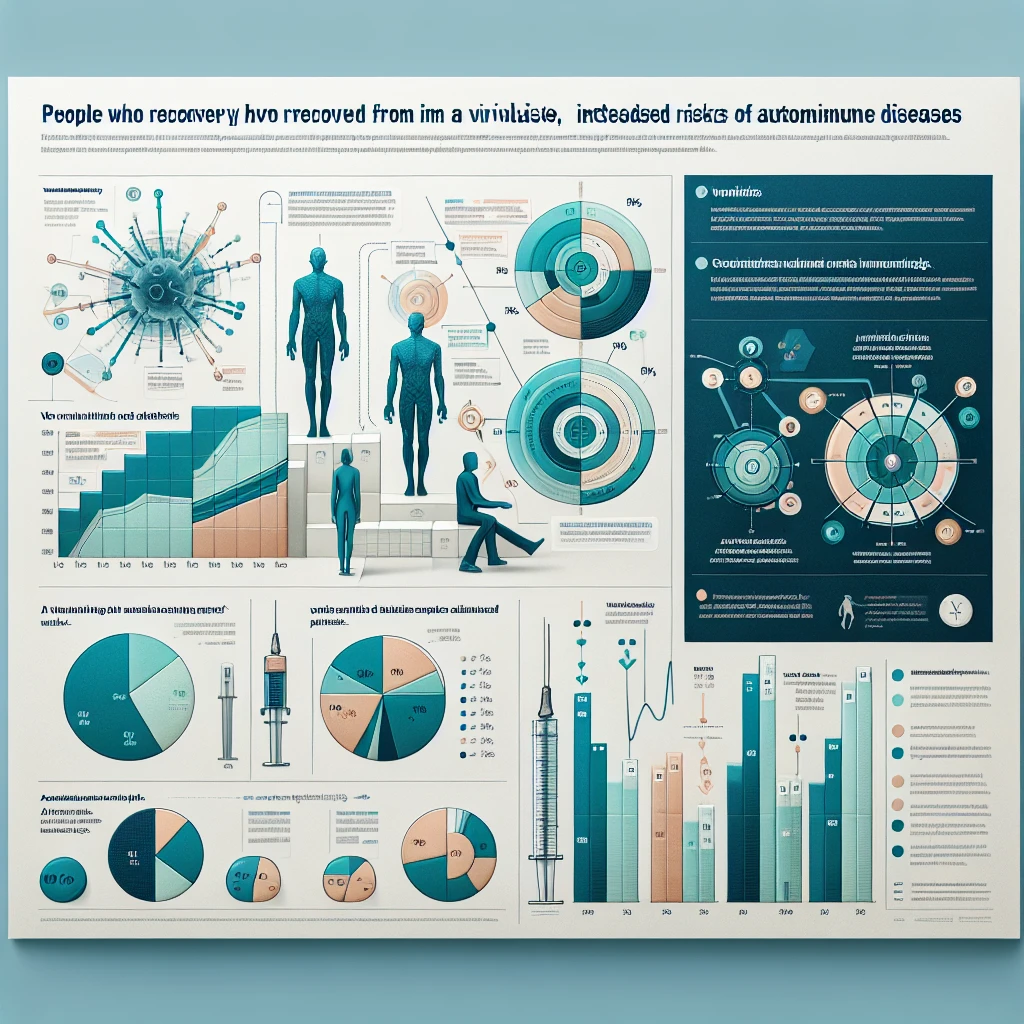
Creating Safe Food Policies for Bangladesh's Veg Markets
The article discusses the need for improved food safety policies in Bangladesh's vegetable markets to ensure public health.
Politics
Creating Safe Food Policies for Bangladesh's Veggie Markets
By Sandy Malone
April 28, 2024

In Bangladesh, agriculture forms the cornerstone of the rural economy, with 80% of the rural population dependent on it for their livelihood. It is also essential for fulfilling the daily dietary needs of its population. However, a significant concern has arisen regarding public health and safety; almost all types of vegetables are commonly treated with harmful chemicals and pesticides, posing serious health risks.
The use of substances like formalin by vegetable producers to enhance produce freshness is increasingly alarming. This issue persists despite robust food safety laws such as the Food Safety Act 2013, established to lessen these risks through facilities like laboratories that offer protection from toxins in food. Furthermore, innovative solutions have been proposed, including "Carbon Green," a pesticide-removing powder developed collaboratively by Life and Health Limited and Bangkok Hospital Office Bangladesh.
However, impurities aren't just limited to harmful additives but also stem from environmental factors, as highlighted by Prof. ABM Faroque, former director of the Biomedical Research Centre, who noted that heavy metals could enter our food chain through contaminated water or low-grade fertilizers laden with impure elements.
Regulatory measures often fall short due to non-compliance from traders and inadequate enforcement, reflecting a broader disregard for public health. DCC Magistrate Khalil Ahmed notes inspectors’ inability to detect chemicals beyond formalin due to a lack of required equipment, resulting in deficiencies in enforcement capabilities.
To tackle this critical issue within its vegetable markets, Bangladesh may adopt successful international policies used elsewhere around the world. For example, following the European Union's approach where strict maximum residue levels (MRLs) for pesticides are enforced coupled with regular monitoring might be beneficial.
Similarly, inspired by Japan’s comprehensive traceability method, recording pesticide usage can help consumers make informed choices, while Canada's model of running awareness campaigns about food safety can educate people on the dangers posed by chemical residues present in their foods.
Adopting practices from the USA—mmodernizing and expanding its food testing labs—mmight improve detection rates, while the Dutch system of supporting sustainable agriculture can help in offering training and financial incentives to farmers for adopting safer practices. South Korea's rigorous enforcement of food safety standards through a well-staffed inspection system could ensure compliance at all levels.
However, implementing comprehensive food safety policies presents numerous challenges, including a lack of infrastructure and resources, inadequate training for farmers and vendors, potential cost increases disrupting traditional practices, and complications in regulatory enforcement due to a manpower shortage.
Solutions may include prioritizing investments in infrastructure development with possible international support (financially or technologically), conducting widespread training programs through partnerships with agricultural experts, researchers, scientists, etc., engaging stakeholders in the policymaking process to highlight long-term benefits, and strengthening regulatory bodies by increasing the number of inspectors and enforcing stringent penalties for non-compliance. Financial support like subsidies or government-backed loans and grants can aid small-scale farmers struggling financially.
Public awareness campaigns educating customers about safe produce benefits are also crucial, along with establishing pilot programs testing new policies before wider implementation. Leveraging technology available globally for better traceability is another step forward towards ensuring food safety within Bangladesh’s rural economy, which relies heavily on its agricultural sector.
In conclusion, integrating these proven strategies can substantially improve vegetable market safety, thereby safeguarding public health while bolstering Bangladesh's agricultural economy, despite challenges faced during their implementation.
LATEST ARTICLES IN Politics
Potential Dates for Next General Election by Rishi Sunak.
Increasing Pay for Public Service Raises Expenses of Governance.
To Bolster Nigeria's Health Sector, USAID, DFC & FCMB Collaborate.
Johnson's Voting Intuition Contradicts Data.
Join Our Newsletter
Popular Articles
-

Mar 13, 2024
Anyone But You - A Romantic Comedy Surprise of 2023 -

Feb 01, 2024
AI Company About to Revolutionize the Medical Space? -

Mar 20, 2024
COVID-19 Survivors at Risk for Autoimmune Diseases -

Jan 27, 2024
Get Rich in a Year with These 3 Coins!




